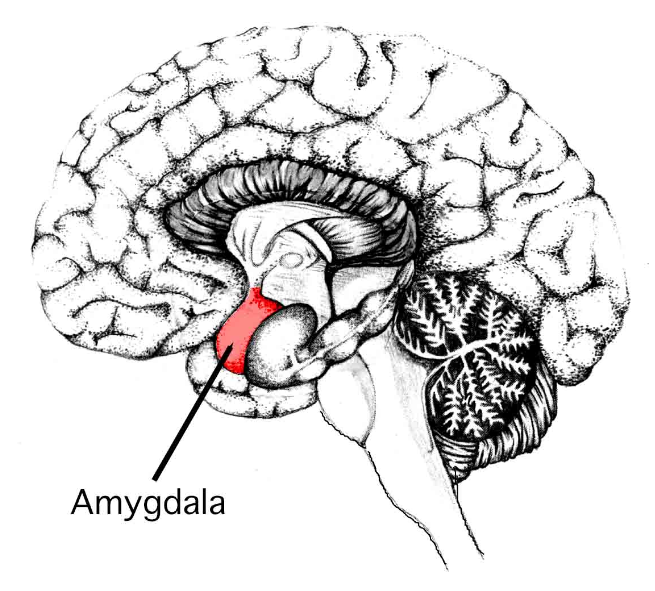1. Tel Aviv University paper 2. Schulich School of Medicine paper
Professor Ruth Lanius and colleagues at Western University’s Schulich School of Medicine have published a study showing that neurofeedback can improve subjective wellbeing in PTSD, potentially leading to new treatment options. Schulich researchers claim that this is “the first study to show that key brain networks involved in mediating affect and cognition in PTSD can be volitionally modulated via neurofeedback, with measurable outcomes on subjective well-being. It was achieved by harnessing multiple imaging techniques, including EEG and fMRI. Using fMRI we captured the patients’ resting-state brain activity just before and after a 30-minute neurofeedback training session, which was carried out outside the scanner using EEG. We then searched for any differences in connectivity within well-known brain networks. Interestingly, we discovered significant correlations between EEG and fMRI network activities as well as changes in self-reported calmness. This indicated that neurofeedback was able to directly modulate the brain bases of emotional processing in PTSD.”
A group at the Functional Brain Center at Tel Aviv University is trying to achieve similar results using EEG neurofeedback only. Yehudit Meir-Hasson, Professor Talma Hendler, Professor Nathan Intrator and colleagues published a recent paper demonstrating the validation of an emotional EEG fingerprint with fMRI in the journal NeuroImage.



Leave a Reply